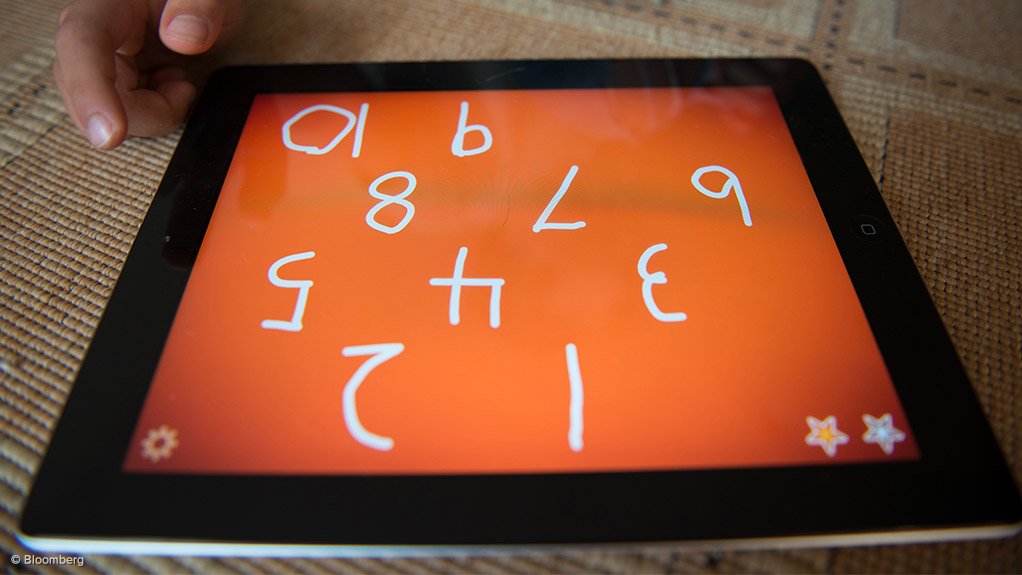Deputy President Cyril Ramaphosa on Wednesday officially launched government’s paperless education system pilot project, ‘The Big Switch On’, at the Boitumelong Secondary School, in Tembisa, telling learners and educators who had returned for their first school day of the academic year that the initiative demonstrates an appreciation by government of the importance of information technology in the South African education system.
The R17-billion system would be rolled out to all township and rural schools in Gauteng by the end of the 2017/18 financial year and would provide learners and educators with access to learning material through the use of information and communications technologies (ICTs), such as tablets.
Township schools that had 100% Matric pass rates in the 2014 exams would be the first to benefit from the project, Sapa reported on Tuesday.
Flanked by Gauteng Education MEC Panyaza Lesufi and Gauteng Premier David Makhura, Ramaphosa said education was at the core of government's strategy to improve the lives of South Africans and was an instrument for achieving social cohesion and national unity.
“Education provides you with an opportunity to overcome any obstacles that may stand in your way and ICT has revolutionised our lives and the way we do business.
“Technology, the Internet, a multiskilled workforce, innovation and collaboration are critical to the success of the knowledge economy. To thrive in the twenty-first century, we need to acquire new skills and be able to adapt to a rapidly-changing work environment,” he commented.
Ramaphosa said government had adopted a national e-skills plan in response to a World Economic Forum report that had dropped South Africa's global “e-readiness” ranking from forty-seventh place in 2007 to seventieth in 2013.
“Today's launch of 'The Big Switch On’ project by the Gauteng Department of Education is in line with this plan and the need to improve the quality of education in the country.
“It enables educators and learners to access resources that exist beyond the walls of the classroom. Indeed, it enables them to access resources from the other side of the globe,” he noted.
The Deputy President added that the private sector would also need to play a “major” role in ensuring that the initiative succeeded, was sustained and was replicated in other provinces.
He welcomed the involvement of those companies that had made a contribution to upgrading school infrastructure in the province, as well as other initiatives by the private sector.
“There is a lot more that business is doing to support education in this country, and there is a lot more that they can [still] do,” he said, also urging families and communities to continue playing an active role in the education of children.
EMAIL THIS ARTICLE SAVE THIS ARTICLE
To subscribe email subscriptions@creamermedia.co.za or click here
To advertise email advertising@creamermedia.co.za or click here











